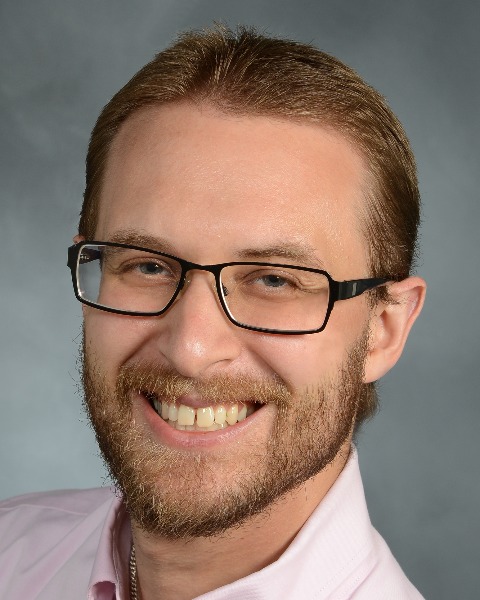Medical Education: Diversity, Equity & Inclusion
Medical Education 4: Diversity, Equity, & Inclusion 1
498 - COVID-19 Pandemic-Related Research Disruptions Disproportionately Affected URIM Pediatrician-Scientists
Publication Number: 498.125

Adin Michael Jewelewicz Nelson, MD, MHPE, FAAP (he/him/his)
Assistant Professor of Clinical Pediatrics
Weill Cornell Medicine
NEW YORK, New York, United States
Presenting Author(s)
Background:
COVID-19-related clinical demands and interruptions in research activities affected many early career clinician-scientists, yet effects among trainees from diverse backgrounds are unknown. We investigated these effects among current and recent participants in the Pediatric Scientist Development Program (PSDP), an intensive NIH/NICHD- and foundation-funded career development program focused on fostering the next generation of diverse pediatrician-scientists.
Objective:
We explored the impact of COVID-19 on PSDP scholars to identify subgroups of pediatrician-scientists disproportionately impacted by the pandemic.
Design/Methods:
We conducted anonymous surveys of current and recent PSDP participants four times following the onset of the COVID-19 pandemic - from May 2020 to November 2021 - which included participants’ demographics, current and anticipated scholarly progress, and future career plans. We used descriptive statistics to summarize the impact of COVID-19 on PSDP participants and linear multiple regressions to assess responses across different subgroups and points in time.
Results:
We received 126 responses across all 4 surveys; 19 responses were from individuals who met the NIH definition of URiM. The survey was anonymous, so we cannot identify the number of unique respondents. A majority of responses anticipated short- (76.7%) or long-term (59.2%) negative impacts on their research. Those rates did not vary significantly among timepoints, yet they were significantly higher among URIM vs non-URIM scholars: 89.4% vs 72.8% for short- and 73.7% vs 54.3% for long-term; p < 0.01 & 0.025, respectively. Overall, 6.8% of responses reported changing their intended career path or specialty, including significantly more men than women (13.2% vs 0, p = 0.014) and significantly more URIM than non-URIM trainees (15.8% vs 3.9%, p = 0.025). In open-ended questions, URIM respondents reported concerns about future funding, job opportunities, and even laboratory supply availability. They discussed the impact of research delays on finances, family planning, and their ability to stay in academia. One even concluded, “The immense struggle doesn’t seem worth it sometimes.” Our survey of PSDP participants shows that the COVID-19 pandemic has had a dramatic negative impact on the career outlook of early-career pediatrician-scientists, and that challenges disproportionately affected male and URIM trainees. Given the significant multifactorial barriers to success facing early-career physician-scientists, PSDP and similar programs should redouble efforts to support a diverse workforce in academic medicine.
Conclusion(s):
